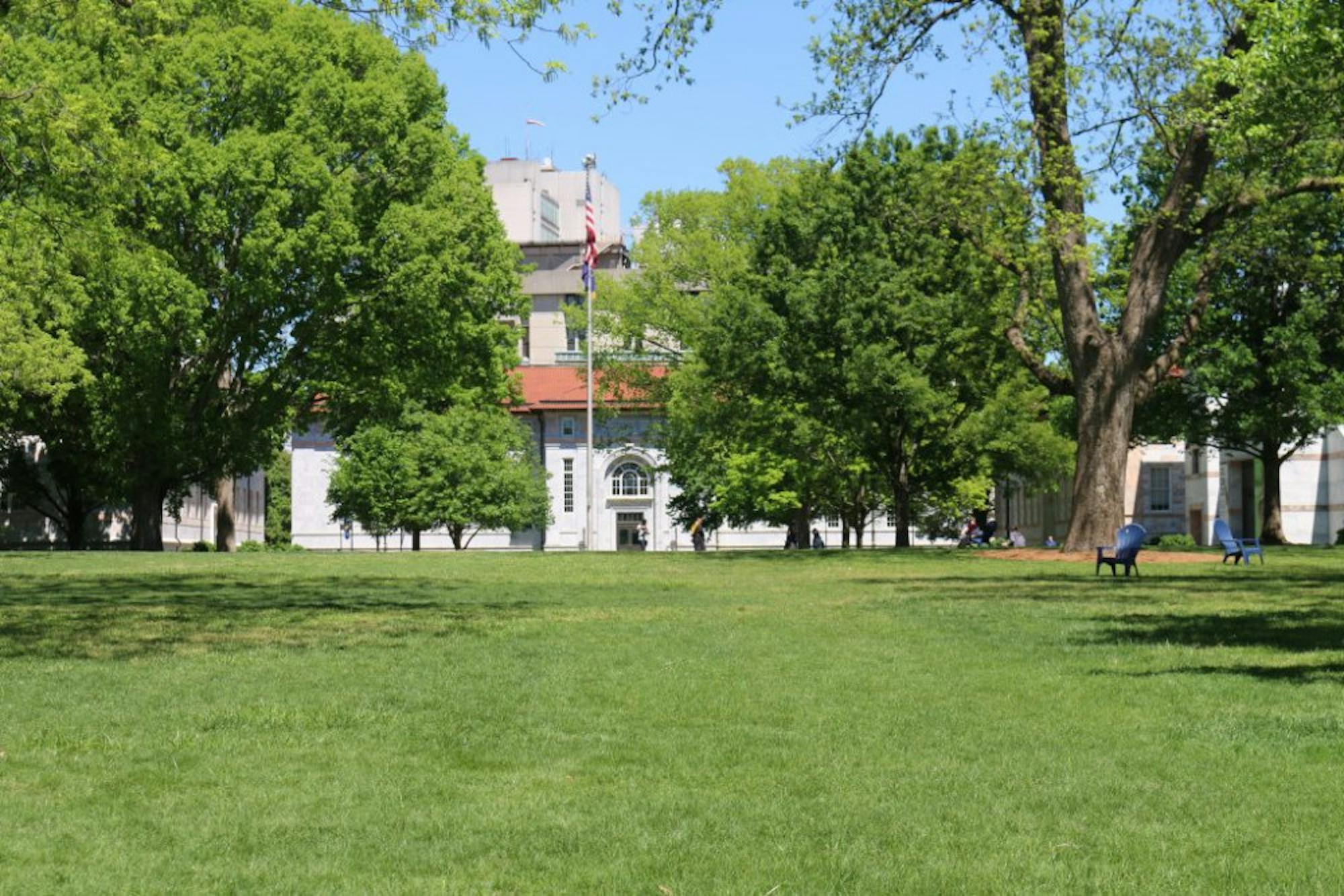
The University released guidelines on how graduate and professional students should return to campus for summer research on May 29. These protocols include a list of required tasks before returning, health guidelines for campus activities, location-specific recommendations and general student policies.
After halting all non-essential research on March 23, the University announced a plan for restarting summer research in a May 15 email to graduate students, faculty and staff. Whether researchers can successfully adhere to these guidelines will partially determine if the University can sustain future, larger re-openings.
The guidelines do not apply to undergraduate students, who are still not permitted to return to campus.
Prior to returning, all individuals must fill out a health screening questionnaire, sign a campus expectations agreement, complete health and safety training modules, provide a list of contacts they regularly interact with and enroll in the University’s emergency notification system, if they have not already done so.
Once students are on campus, they must self-monitor their temperatures and confirm that they do not have COVID-19 symptoms, which include, but are not limited to, coughing, shortness of breath, fevers and loss of taste or smell. While the University will not conduct daily temperature checks, there will be “random temperature checks” at unspecified locations throughout campus.
If students show symptoms, they must stay home, inform their academic program supervisor and call the COVID-19 hotline. Those who test positive must follow instructions to isolate or quarantine but may work remotely if well enough to do so.
The University will also launch a Case Investigation and Contact Tracing Program. Investigators and tracers will reach out to close contacts of those diagnosed with COVID-19, evaluate exposure and symptoms, refer individuals for testing on a case-by-case basis and provide isolation or quarantine instructions. Close contacts are defined as “anyone who has been within six feet of a person for 15 minutes or more.”
Remaining at least six feet away from others is required unless a particular activity requires being closer to another person, and only one person should be in a room if this distance cannot be maintained. Guidelines recommend that individuals avoid public transportation, leave working spaces vacant in between individuals, and limit meetings and restroom usage to maintain distance from others. Room capacity should never exceed 50%.
Additionally, face coverings must be worn at all times, particularly if there are multiple people in a room, and individuals without masks cannot stay on campus. The University will provide two washable cloth face coverings for students required to be on campus, though students are recommended to bring their own to conserve supplies.
Students are asked to follow general health procedures, such as washing hands, covering coughs and sneezes, and cleaning personal spaces like desks or computers. Common spaces will be disinfected by Campus Services throughout the day, with classrooms, congregate areas and restrooms being sanitized every night as well.
Those who are high risk, live with a vulnerable individual, cannot continue academic activity due to personal circumstances or are afraid to return to campus, should reach out to their academic supervisor to make arrangements or express concerns. Anyone who can study remotely should do so.
The University emphasized that anyone who is not specifically approved to return to campus should not do so.






